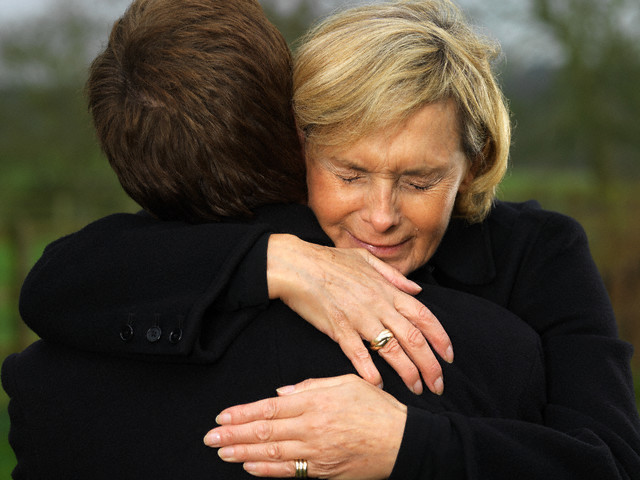The first major loss of my life happened when my husband died at the age of 25 and I was left to raise our baby boy alone. Many people tried to support me. But even well-meaning people with the most generous hearts (and there were many) were ineffective in helping me through my searing grief, because they simply didn’t know how. Sometimes, in fact, when I left them I’d feel more isolated than when I arrived.
When people you care about are suffering a loss, will you know how to effectively support them during the toughest times of their lives? Or will you stumble over timeworn phrases and unintentionally alienate or offend them?
The Information You Need
Truth is, most of us aren’t very good at grief support, because we’ve never been taught. Instead, we often rely on what we’ve picked up from others along the way, inadvertently perpetuating mistakes. That is why my new book, A Friend Indeed: Help Those You Love When They Grieve, exists: To give you the insight, knowledge and skills to equip you to be a true friend in a time of need.
Let’s say, for instance, you are reticent to ask your friend a question because you worry you will be intruding into someone else’s personal life. What most people do not realize is that many grieving people are aching to talk because so few would-be comforters are genuinely willing to listen. You can’t go wrong by asking a good question, as long as you then follow your friend’s lead. People will let you know if they don’t want to talk, so then you move on to other things. In the majority of cases, though, you will find that they jump right in and begin to tell their story. It is healing for them to hear the words coming out of their own mouths, helps them make sense of it, and creates a bond of trust between you.
Some of the topics covered in this book include:
- The best questions to ask when someone is grieving
- The unintentionally alienating phrases to avoid
- What to say when you go to the services
- Emotional differences between divorce and widowhood
- Talking with children about death and loss
- Communications for serious or terminal illness
- When to send condolence cards and what to write
- Articles and books for grieving friends and family
Whether your loved ones are dealing with death, divorce, loss, or any major life transition, I encourage you to educate yourself and learn how to be a true comfort to your friends in need. They will thank you for it.
Originally published at www.huffingtonpost.com


